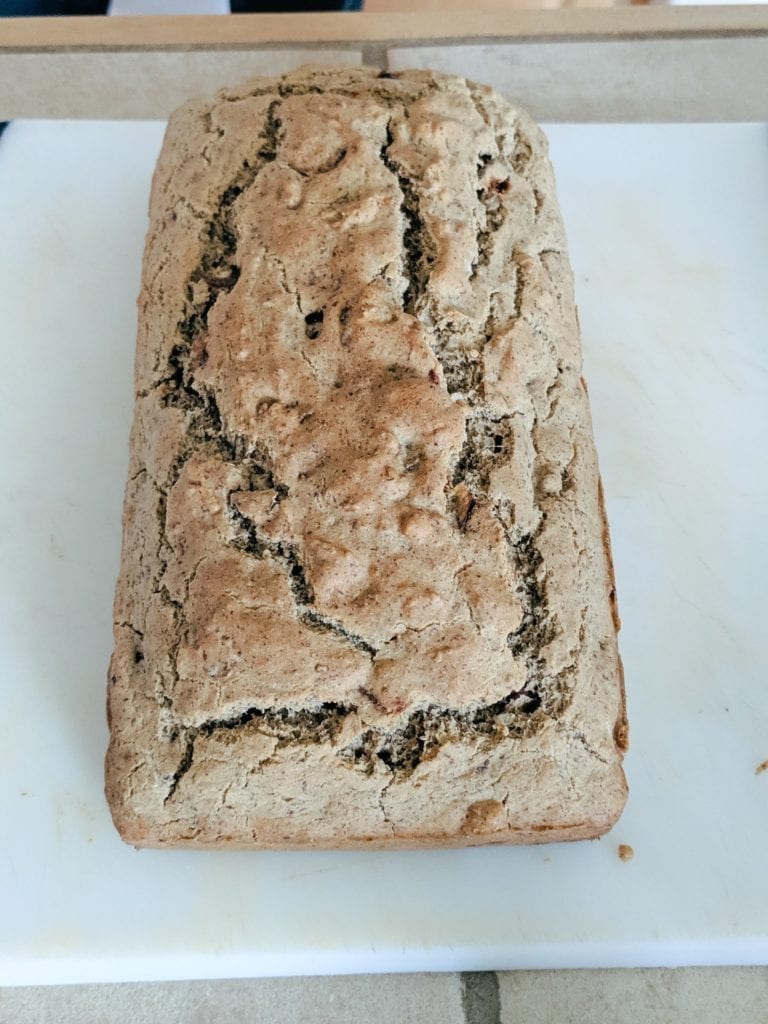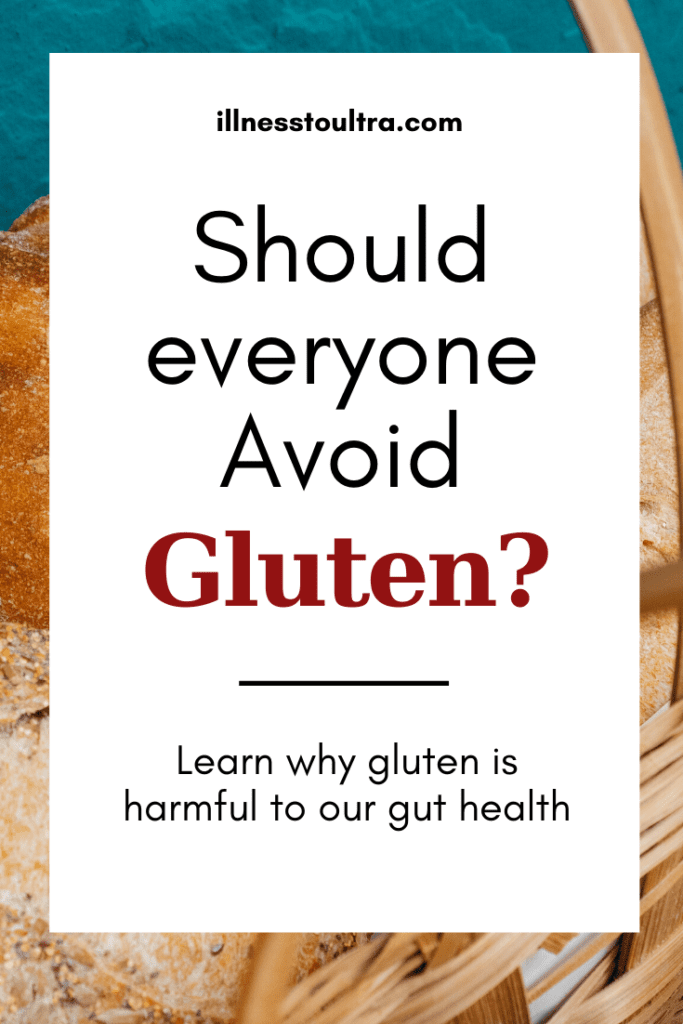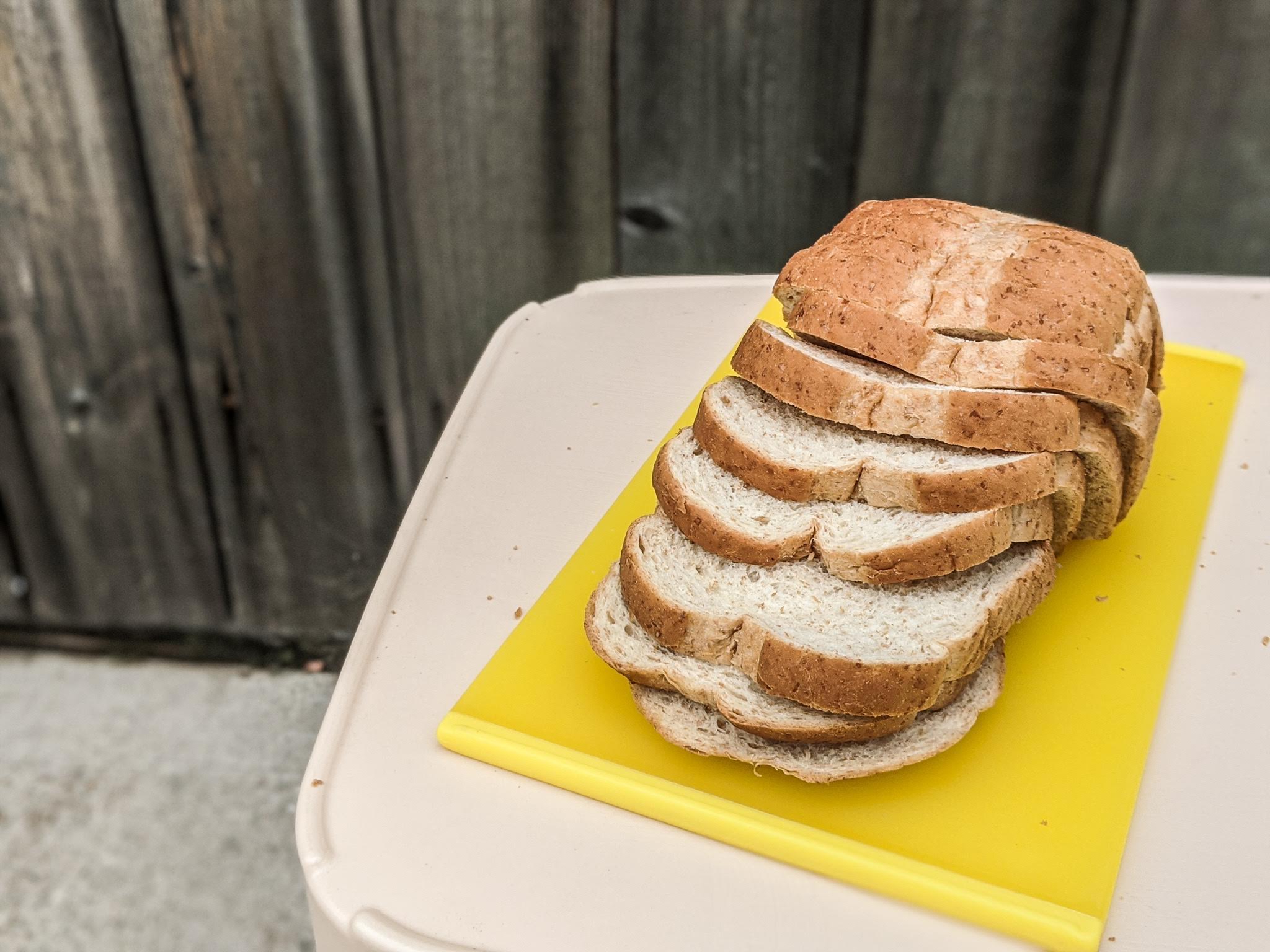If you’ve clicked around this blog, then you might have already seen that I am a BIG believer in gut health. I truly believe gut health is the key to our overall health. If someone can achieve and maintain a healthy gut, numerous other health issues will gradually start to disappear. Because our health is shown to be directly related to the gut.
You may already have some preconceived notions about gluten and the issues it causes for certain people – especially those who have Celiac issues or gluten-intolerances. I’ll hazard a guess that you might not know the exact reasons why some people steer clear from gluten. You might be surprised to hear me say that gluten should be avoided by everyone – including those with a clear health bill.
And I am not just saying this because I’ve personally had gluten issues, although that certainly is what led me to research and learn more about this protein complex. I strongly suggest that gluten is at the top of everybody’s “Foods-to-Remove-From-Their Diet-List, and I’ll tell you why.
But first, what is gluten?
Gluten is a family of proteins mainly found in wheat, but also in other grains like rye and barley. It is the “glue” that helps food maintain their shape and these proteins are responsible for the stretchiness of dough when you’re making bread and the sponginess of a loaf after baking. (This is why you’ll never find a good spongy gluten-free loaf.)
Traditional Bread
Sure, you might have just asked yourself, “Don’t they eat bread in Europe all the time?” Yes, but there are so many different factors that go into bread-making practices and regulations in Europe versus the United States.
In Europe, a lot of bread is still produced in the traditional way. In France, it’s still possible to nip down to your local boulangerie and get a beautiful freshly baked baguette. While it may look similar to the baguettes you can get in a local US supermarket, there is certainly a major difference in baking, ingredients, process, etc.
In France, bread makers let the dough sit for a period of time, allowing a fermentation process to start. This fermentation breaks down the glutenous proteins in the bread, essentially predigesting the bread and ensuring the harmful gluten is not in a form that could cause a huge amount of damage to your body. Let’s be honest here, I’m not sure this was their intention when they started baking baguettes over 100 years ago, but it works. If this traditional French baking is to be trusted, you only have to leave your baguette out for 48 hours. If it’s not rock hard by then, it’s not French bread. Instead, that is just an indication that this bread is not stuffed with sugar and chemicals in the attempt to extend its shelf life. That’s just not the French way.
That being said, this baking method is not foolproof and individuals may still have issues because gluten is a complicated little protein. However, these issues are mostly related to the health of the individual and their unique ability to repair from any minor gut damage.

Wheat & Gluten Regulations
Another factor to consider is the quality of the wheat and the environment it is grown in. Over time, humans have hybridized wheat to allow for higher yields.
What does this mean?
Well, it means humans have chosen specific qualities in the wheat to cross pollinate for the next crop yield. For example, if you want a really tall grass, you’d choose a really tall grass to pollinate from. For the next crop yield, farmers would choose the tallest grass from the new batch to pollinate from, and so on.
Farmers are predetermining or favoring the specific qualities of grass that create tall grass. Just like evolution, over time, the qualities that are being selected are becoming more and more prominent.
I wanted to show you a picture here of the difference in modern wheat, but I can’t because of copyright. Instead, just look at this Google Search for modern wheat vs. ancient wheat. And if you want to deep dive into the different types of wheat Oregon State University has some amazing information.
It just so happens that our modern variety of wheat has a higher gluten count, a quality which is sought after in order to make a more spongy, fluffy bread texture. Your run-of-the-mill cheap white bread loaf from your local supermarket is a great example of a bread made from high gluten count wheat.
Natural News claims that gluten content has increased from 5 percent to 50 percent in the space of 60 years! So if we’re confident that gluten causes damage in all human guts, and we increase the amount that we are eating dramatically, it’s not surprising that we are seeing so many more issues now.
Instead, we could choose heirloom wheat. These are varieties that look like the wheat we used in the past. It’s still possible to grow them today and you’ll find them in the bakery every now and then.
Does gluten truly damage the gut?
From what I’ve read, I believe gluten does damage the gut. Let me explain what I’ve learned.
In the gut, we have tiny junctions, or intestinal barriers, that allow small digested particles through. When our gut becomes damaged for any reason, these small gaps become larger allowing for undigested particles, bacteria, and viruses to pass into our bloodstream.
When gluten enters the gut it stimulates the release of a protein named zonulin. Zonulin is responsible for widening the junctions in the gut, allowing for more unwanted particles to pass into the bloodstream. This is not good.
Not only does gluten cause a short term problem, but it can be catastrophic in the long run. Gliadin, a component of gluten is then allowed to pass into the bloodstream which can cause Molecular Mimicry. In other words, your immune system sees the gliadin as an intruder and correctly attempts to remove it. Well done, immune system.
Sadly, gliadin, the component of gluten, looks eerily similar to our own body – at least in the eyes of our immune system. This means that once our immune system has identified gliadin as Enemy #1, it mistakenly misidentifies our own body as Enemy #2 and starts attacking ourselves!
This, my friends, is the basis of autoimmune disease – something many of us are fighting in today’s world.
Therefore, the more gluten you ingest the more damage you are likely causing to your gut lining.
Now, if we were using heirloom wheat, we would most likely be able to recover from the small amount of damage that occurs to our gut lining when we ingest gluten. But not everybody easts or has access to heirloom or quality wheat or grains. Especially in America.
When we’re looking at 50% of wheat having extremely high gluten content, and a large percentage of the American population having a wheat heavy diet – you can see how gluten can start becoming a health issue.
Technically yes, but there are lots of foods we eat that should be avoided and that is not all that good for us. It all depends on your current health state and the quality of gluten-containing products you’re eating. This will help determine if gluten will be detrimental to your health or just a mild inconvenience.
The number of foods that contain wheat (and gluten) is high. Here are some examples of staple foods that contain gluten:
- Beers
- Ales
- Cereals
- Flour
- Bread
- Cakes
- Fried foods
- Batter
- Pasta
- Couscous
- Farro
- Farina
- Seitan
- Candy
- hot dogs
- Crackers
- Potato chips
- Processed meats
- Salad dressings
- Sauces
- Some soups as a thickening agent.
Gluten can also be found in: glucose syrup (which is the main ingredient for many packaged foods), soy sauce, and starch.
You can find a full list of food containing gluten here.
From the information you’ve just read, I think it should be clear that if you’re dealing with any type of chronic illness, removing gluten is a good idea. It may not be the issue you’re fighting right now, but your body’s already weakened state sets you up for gut failure fast.
Many functional medicine doctors also recommend removing gluten from your diet if you’re dealing with autoimmune issues.
It is technically possible to have a gluten sensitivity test to see if your body is reacting to any particular part of gluten – although the reliability has been questioned by the Gluten Free Society. As a safe bet, it’s wise to just remove gluten from your diet altogether. I did, and it’s made a world of difference for me.
But I’m healthy, should I remove gluten?
It’s not necessary to remove gluten from your life entirely – IF you’re healthy. Moderation is key. If you are struggling with your health, I do recommend that you refrain from eating gluten and observe how this makes you feel. Better? Worse? The same?
I hope this post helps to establish that it’s all about the quality of gluten you intake. Eating a burger bun from Mcdonalds is very different from eating sourdough heirloom bread from a local baker.
Search out a quality baker and always look for some type of heirloom wheat, or at least non-GMO and organic wheat. Another top tip would be to look for sourdough bread. This type of bread has been through a fermentation process the amount of remaining gluten is lower than your typical bread. Which will lessen the impact on your gut?
When in doubt, try the French-aging process: if your 5-day-old bread is still as soft and supple as the day you bought it, consider this an obvious indication that your bread is laced with a few extra ingredients (and maybe some extra gluten, too).
Let me know what you think in the comments! Gluten is a tricky subject, so I would love to hear your thoughts.

